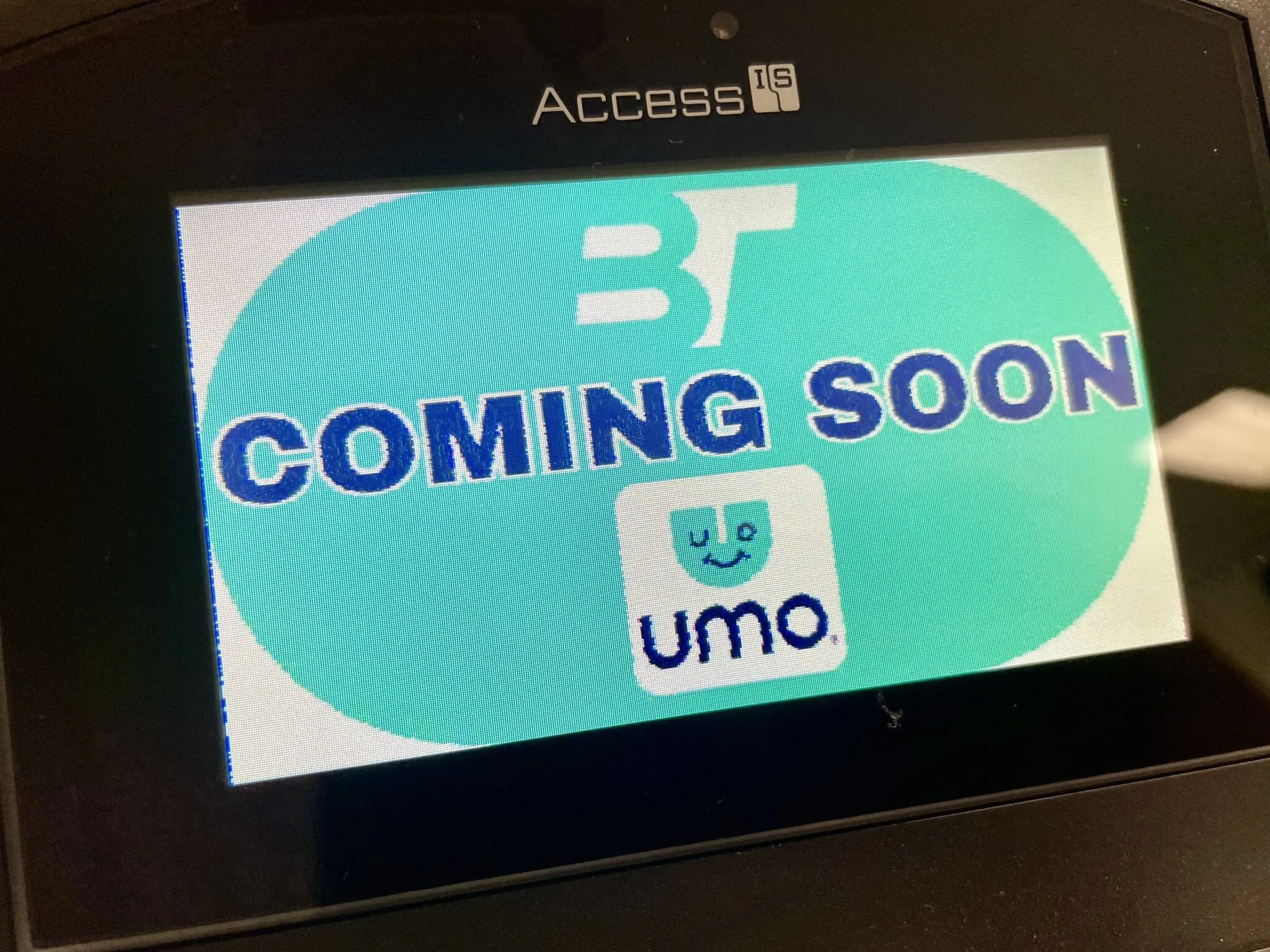
Cubic Transportation Systems has launched the Umo Mobility Platform in the US city of Bloomington, Indiana.
Cubic said that the joint effort with Tag Canada Fareboxes and Bloomington Transit means riders will have the flexibility of paying fares through mobile app, reloadable smart card, paper token and cash.
Transit riders will also have access to powerful account management features inside the Umo Mobility App and on the new Umo Passenger Portal to help them get where they need to go using the service, fare and payment option that best suits their needs.
Cubic said that a principal benefit of the solution is that it significantly reduces the operational burden of having to collect and manage cash. This allows Bloomington Transit to migrate toward more simple and cost-effective cash collection methods, explained Angela Miller, vice president and general manager of mobility essentials with Cubic Transportation Systems.
“The Umo Platform facilitates seamless and fair access to transit for everyone,” said Miller.
Bloomington Transit can use new fare capping and incentive features, giving them the ability to limit the cost of transit trips to a fixed fare for a fixed period. This provides riders with the convenience of only paying for what they use and incentivises them to ride more without the limits on the number of trips they can take.
For Bloomington Transit, the Umo system will also allow reduced operating associated with greater data capture, analytics and reporting, flexible fare policy management and more advanced security management and administrative tools.
“This fare collection technology project with Umo enhances the customer experience for Bloomington Transit riders,” said John Connell, the transit agency's general manager.
“But more importantly, it provides equity by allowing those who are not able to buy a discounted monthly pass upfront to receive the same benefits as those who can. Using Umo protects our riders from overpaying in the long run.”







